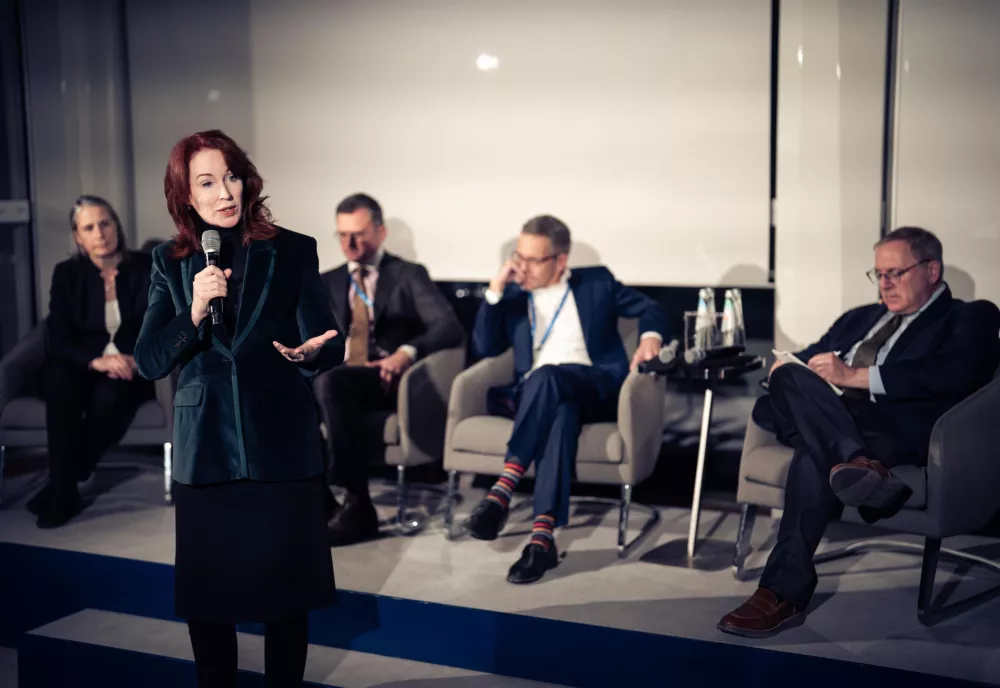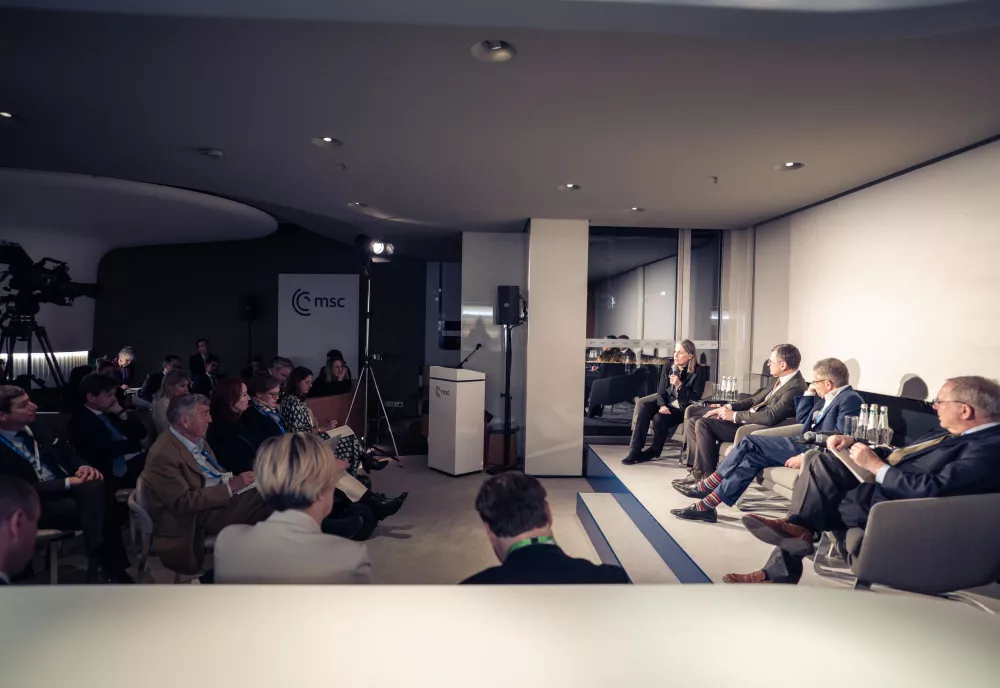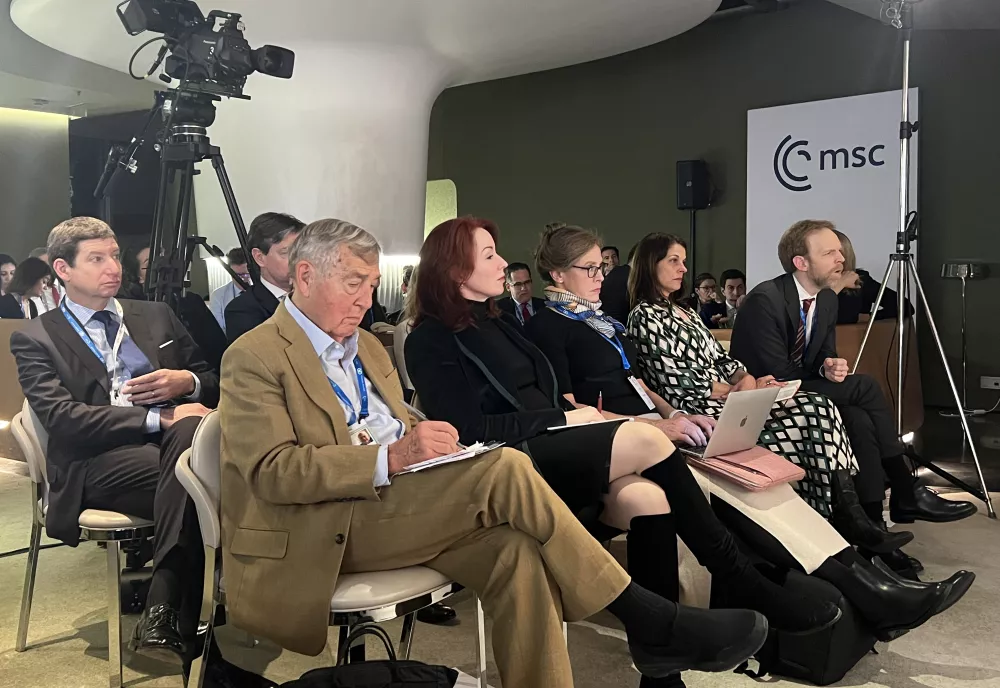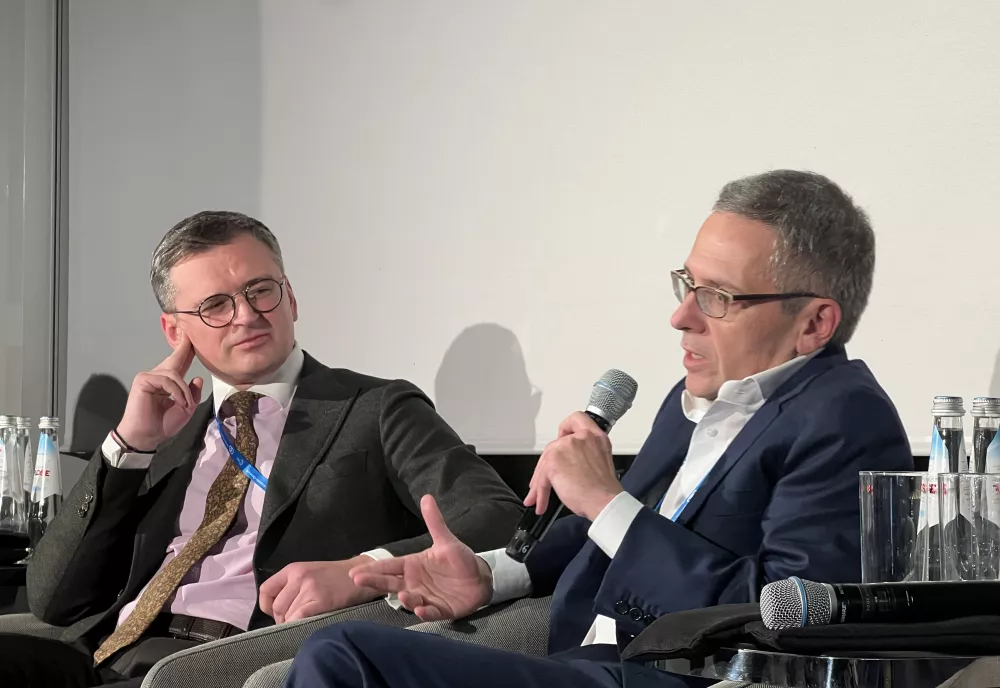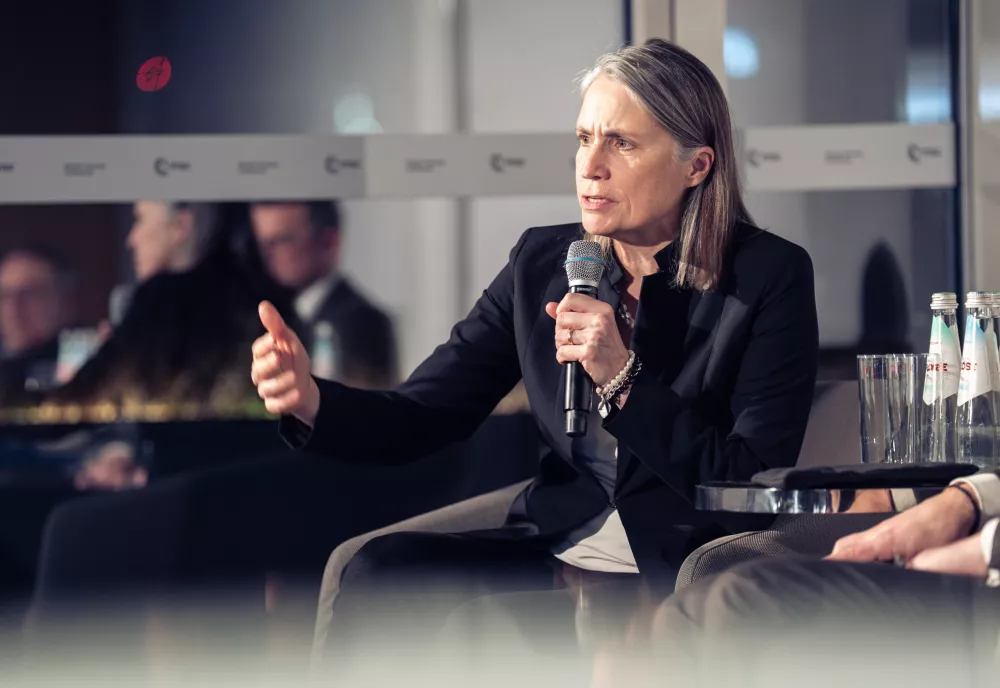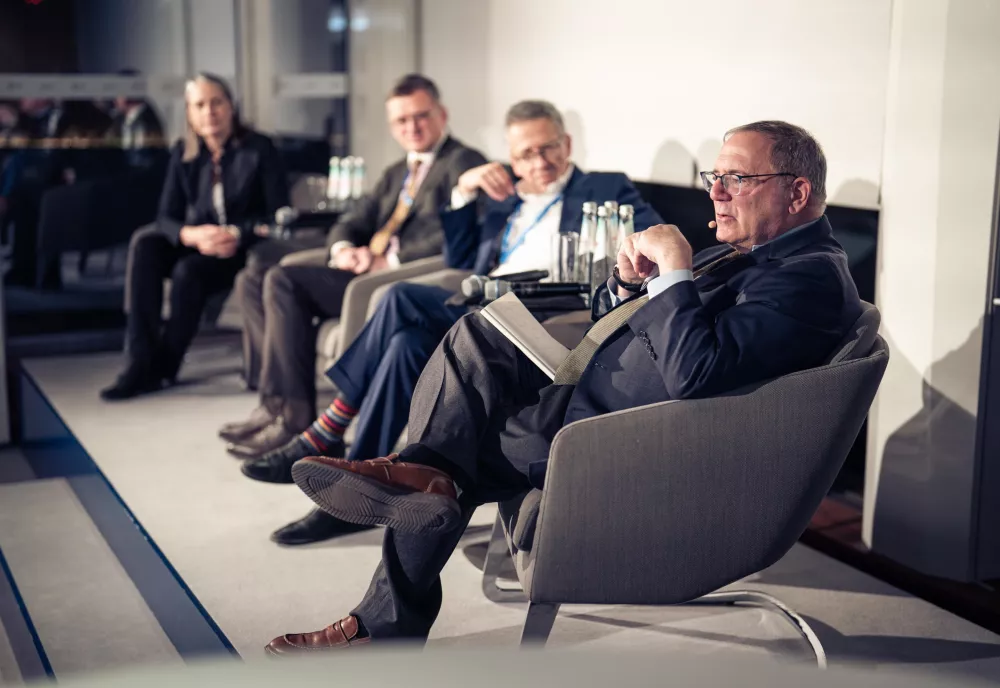On North Korea:
“The relationship between Russia and North Korea–and the prospect of this relationship–was clearly underestimated by everyone… When Country A sends its soldiers to die for Country B, I could not imagine a more narrow and diligent definition of an alliance."
- Dmytro Kuleba
"China, North Korea and Iran have pulled together with Russia precisely because of the war in Ukraine. And [the war] is not because of Ukraine."
- Fiona Hill
President Trump and the United States Effect:
"The precise motivation for all of these countries to come together behind Russia is, frankly, because of the United States."
- Fiona Hill
“However close Russia is with China ideologically, Russia is actually, in many ways, increasingly aligned with Trump. I mean, they both want to destroy Europe, right? They both want the European Union to be over.”
- Ian Bremmer
“Just as we're having a negotiation–or Trump thinks he's having a negotiation with Putin, over the heads of Ukraine and Europe–he's totally neglecting to think about what the dynamics might be with China, North Korea and Iran as well.”
- Fiona Hill
On China:
“China is interested specifically in Putin's Russia, because Putin is the guarantee of all the commitments and obligations that Russia undertook towards China. Putin today is the armed wing of the Chinese Communist Party. They need them. They need them as icebreakers in world affairs, so that China can remain calm, avoid being a rough state, because there's someone else doing the dirty job for it. Does China want to sit at the table? I don't think so. I think China wants to sit in Beijing and wait until President Trump calls President Xi and asks him for help.”
- Dmytro Kuleba
“I think China is clearly the odd man out here, and I think it's going to become much more the odd man out as Trump has, quote unquote, success with his policies and with the global south.”
- Ian Bremmer

